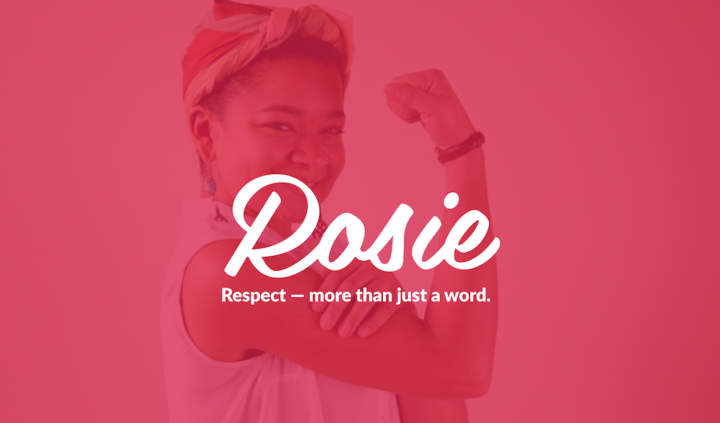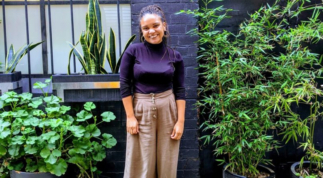Illustration Giselle Dekel
Family, partners, friends, housemates — doesn’t matter. Co-isolation has a way of making us question why we began living with said people to begin with. It’s cool, we’ve all been there. If they’re our children, however, there’s no take-backsies my friend.
Here are some tips for peaceful co-existence until we are free to roam once more:
Understand
Teenagers are physiologically wired to behave and respond in the ways they do. Teenage brains and adult brains are different. Our prefrontal cortex —responsible for our logic, reason, rationalism and emotional regulation (basically where we keep our ‘adult’) — isn’t fully formed until our mid-20s. But our amygdala, responsible for emotion, develops early. It wreaks havoc until our prefrontal cortex is up and running and able to regulate what were previously thought to be excellent ideas, gross injustices and justified fury.
Empathise
Isolation is super hard for teenagers. Isolation by nature leads us to feel emotional in lots of ways, particularly if you were already operating from a supercharged emotional place to begin with. Teens define themselves by their connection with peers and excisions of their independence and seek out emotionally charged activities like forging connections and risk-taking. A young person who is female is experiencing a particularly powerful surge in oestrogen — the hormone that invites connection.
Communicate
About the situation
Stay curious about how they’re feeling and pick your moments to ask them about what they’re finding difficult about isolation, what they’re liking about it, what they’re missing or what they’re looking forward to.
About the changes
Include them in conversations about negotiating physical space, tasks, new boundaries and modified household rules and be respectful of their ideas.
About the media
Talk about your media sources and develop strategies for discerning trustworthy information and a constructive amount of time per day for media consumption and alternative activities to do instead.
Work on Calm
It’s not lost on me that advising we just stay calm during a pandemic is unhelpful and annoying. The very factors essential to our being able to feel calm are in flux, granted, and it’s hard to support someone else when we’re not in a calm place. Do what you can to find calm for yourself, and the rest might come a little easier. Check out this list of resources to help you look after your own mental health.
Routine
Routine is key to dealing with change and it will help you to feel calm and in control of your day. Factor in sleep, 3 meals a day, down time, exercise, work and connection. Make it realistic, motivating and as simple as possible.
Reach out
There’s a wealth of support services out there and our situation doesn’t have to be dire for us to reach out to them. Maybe you need someone to talk to who doesn’t know you or your situation. Maybe you’re worried about someone else and want to know how you can support them. These are all valid reasons to call services like Headspace, Beyond Blue, Lifeline or Kids Helpline to speak to a counsellor on the phone, or go to their website to message with a professional counsellor online in real time.
 Sophie Bliss
Sophie Bliss
Originally hailing from sunny Queensland, Sophie lives in Melbourne. She coordinates Rosie.org.au, a youth harm prevention initiative of the Dugdale Trust For Women & Girls. When out of the office, you can usually find her in an op-shop, bookstore or beer garden.




